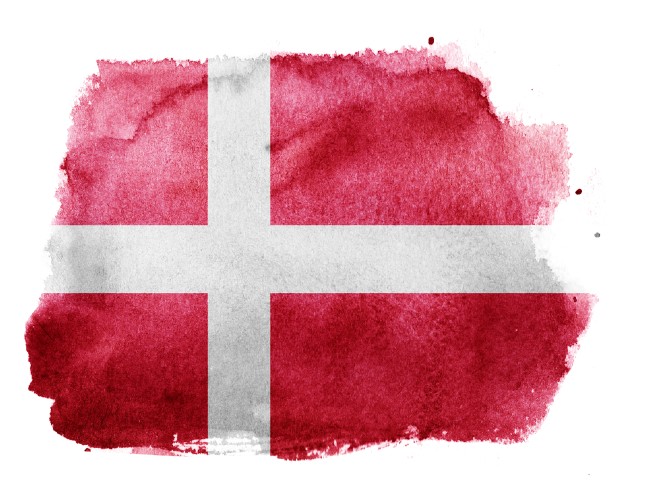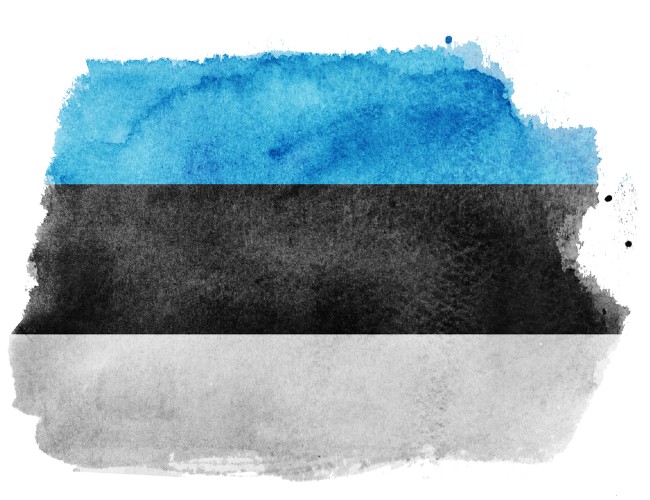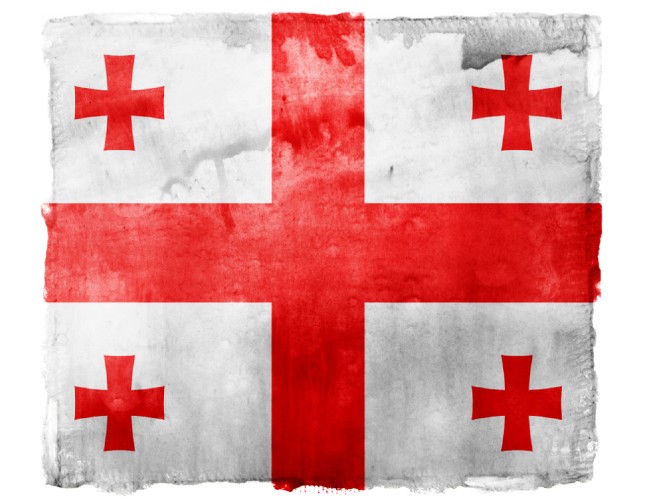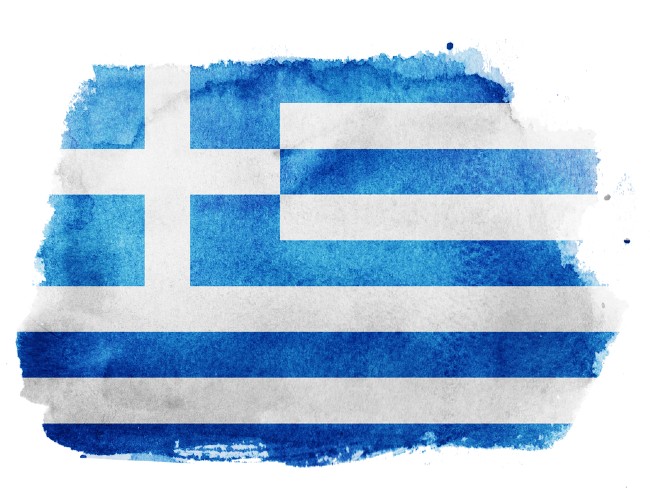What is the Eurovision Song Contest?
Started way back in 1956 as a way of drawing a fractured Europe back together with the healing power of music, the Eurovision Song Contest, or Concours Eurovision de la Chanson – the contest is telecast in both English and French – is open to all active members of the European Broadcasting Union, which oversees the competition.
Each country is permitted to submit one three-minute song to the contest – a song which is selected by a variety of means, usually a winner-takes-all competition such as Sweden’s renowned Melodifestivalen – which their selected entrant performs in one of two semi-finals in the hopes of making it to the glittering grand final.
Only six countries have direct entry into the grand final:
- The Big Four who fund most of the contest – UK, Germany, France and Spain
- The host country (which is the winner of the previous year’s contest)
- Italy, who didn’t take part for many years and was re-admitted in 2011 after a 14 year absence (it was one of seven countries that competed in the first event), making the Big Four the Big Five.
The winner is chosen by a 50/50 mix of viewer votes (you cannot vote for your own country) and a jury of music industry professionals in each country, a method which was chosen to counter the alleged skewing of votes based on political and/or cultural lines when voting was purely the preserve of viewers at home.
Past winners include, of course, ABBA in 1974 with “Waterloo” and Celine Dion who won for Switzerland in 1988 with “Ne partez pas sans moi”.Above all though, the Eurovision Song Contest is bright, over the top and deliciously camp, a celebration of music, inclusiveness and togetherness that draws annual viewing figures in the hundreds of millions.
This year’s event
Sporting the theme “United by Music”, the Eurovision Song Contest 2023 is being co-hosted by 2022’s winner Ukraine (“Stefania” by Kalush Orchestra) and runner-up the UK. Traditionally the winner would host but Russia’s invasion of Ukraine in February 2022, which is ongoing, has meant that’s not possible so the contest will be held in Liverpool, with the event hosted by Ukrainian and UK presenters and a clear emphasis on the unity in music that Eurovision has always celebrated.
CYPRUS: “Break a Broken Heart” by Andrew Lambrou
THE ARTIST
Voyager, it transpires, are not the only Aussies competing at Eurovision this year.
Joining them is Australian-Cypriot singer Andrew Lambrou, who came seventh in last year’s Australia Decides Eurovision selection and who, like so many other representatives kicked his musical career off super-duper early.
At age 5 in fact where a first place win at the school eisteddfod with The Sound of Music’s “Do-Re-Mi” convinced his mum that musical glory awaited and that enrolment in music school must happen forthwith and henceforth.
So, it did, leading to being signed at 17 to Sony Music Publishing, a slew of successful singles and his bid to represent Australia with the song “Electrify” which he says conveys “this ‘magical’ moment that you feel when you meet someone and ‘electrifies’ you, makes you believe that you have acquired super powers.”
Let’s hope he still have them because they will come in handy when he first steps onto the impressively big arena stage in Liverpool.
THE SONG
Following his signing to Panik Records, which has the gig for releasing Cyprus’s Eurovision entry every year, Lamrou has sent “Break a Broken Heart” out into the world.
It is, in many ways, a classic contest ballad, all intense emotion, soaring vocals so high there’s no oxygen where they now reside, and heart-wrenching lyrics, but far from sounding like yet another cookie cutter entry, the song actually feels magically alive and vital.
The track is going to absolutely raise the roof off this year’s Eurovision venue, the kind of foot-stamping slice of earnestly beautiful pop that works because Lambrou sounds like he’s pouring his entire heart and soul into the song.
He’s not singing the song, he’s LIVING it and that’s going too carry what is an arrestingly good song right across the line and see Cyprus absolutely steal the show …
DENMARK: “Breaking My Heart” by Reiley
THE ARTIST
Hailing from the remotely stunning Faroe Islands that sit somewhere between the UK and Iceland and operate as an autonomous territory of Denmark – this lesson in northern European geography comes gratis with this bio; you’re welcome – Reiley, who is known to his family as Rani Petersen loves Lizzo, Mimi Webb and Beyoncé.
As pop influences, thank you, all of which means, rather happily that he loves a good slice of epic pop that really makes a statement.
A statement he has made often since his debut single, “Let it Ring” reverberated up the charts in 2021, happily sampling as it did so, notes his official Eurovision bio, the default iPhone ringtone.
That could be why he’s amassed 11 million TikTok followers, though no longer on government phones in Montana it seems, and made his way to Seoul, South Korea back in 2022 where he performed “Breaking My Heart” at the Slow Live Slow Live festival in Seoul which, oopsies, violated Eurovision rules.
Thankfully the disqualification act did not fall and Reiley is up there and ready, his iPhone alarm no doubt already set (and ready to be sampled in his next hit because why the hell not?) to make real waves for Denmark at Eurovision this year.
THE SONG
Sporting the kind of falsetto-laced sound that is all over the charts atm, Reiley’s song “Breaking My Heart” is all bouncy, fun, super cute, anchored by a lovely emotionalism in his vocals.
With a catchy chorus and a bridge with all kind of creative vocal production flourishes, the song is one of those infectiously upbeat tracks that will well and truly outlive his big, almost-denied moment at Eurovision.
The big thing to keep in mind with hyper-produced tracks like this one is how well they’ll translate to a live performance but given his youth and the tech that will no doubt be at his disposal, he may deliver up a rendition that really captures young European hearts and minds.
If nothing else, there’ll be a joie de vivre on stage for the three minutes he’s on stage, proof that heartbreak can actually sound rather fetching in the right hands and could propel Denmark to a rather healthy contest placing this year.
ESTONIA: “Bridges” by Alika
THE ARTIST
She may be known as Alika Milova to the Latvian tax department but up on stage, Latvia’s representative to Eurovision 2023 prefers a first-name mononym, the better to Madonna her way to a fabulous music career.
A veteran of singing competitions and TV talent programs (one of the benefits of the 20-year-old growing up in the age of reality television), Alika really hit it out of the public consciousness back in 2021 in the eighth series of, so notes Wikipedia, the Estonian talent show Eesti otsib superstaari.
This scored her a sweet, sweet record deal with Universal, several catchy singles and the thrill of reaching the heady heights of the top of the top of the Estonian charts, earning her the kind of public love and acclaim that everyone artist dream of and which has propelled her to win in the Latvian selection contest for Eurovision, Eesti Laul 2023.
If you think of Eurovision as the mother of all televised singing contests, and it really is, then Alika has the experience to make the absolute most of it … but is her song up to the task?
THE SONG
Thank you for asking and providing this review with the smoothest of all segues.
Co-written with Wouter Hardy (who pulled similar duties with “Arcade”, the song that won Eurovision for Duncan Laurence, and Netherlands, back in 2019), “Bridges” is one of those emotion-filled ballads that really hits home.
Helped along immensely by a voice that lives out every last lyric with a passion that absolutely works for the song, “Bridges” may not win the contest for Estonia – although who’s to say it won’t? If Alika goes all out in her performances and you suspect she will, it could be another lo-fi dark horse winner – but it will stand out as one of those songs that captures the heart.
It’s far from being another anonymous ready ballad, a song that sounds deceptively lightweight until you really zero in on the lyrical intensity and let Alika’s earnestly alive vocals really hit you.
A beautiful piece of slow-moving pop, “Bridges” is one of those songs likely to have a healthy shelf life beyond the contest, likely as some contemplative moment in a tentpole piece of US streaming programming … yes, it’s that good.
GEORGIA: “Echo” by Iru
THE ARTIST
Like many before her, Georgia’s Iru has chosen to go down the artistically alluring route of choosing a mononym for her stage name.
A singer-songwriter, Iru has been active since she was a child in musical endeavours, entering singing competitions and, crucially for her role as her country’s representative to Eurovision 2023, appearing as part of the girl group Candy at Junior Eurovision in 2011 when she was just 11 years old.
It’s absolutely crucial to note here that Candy WON the competition for Georgia which the now 22-year-old is no doubt hoping is a sign of adult success to come this year.
With an appearance on Georgian Idol in 2019 and a 2021 debut single, “No Jerk Around Me” behind her, and the musical weight of Giga Kukhianidze, responsible for ALL THREE of the country’s Junior Eurovision-winning songs behind her, the odds are good that past glories might yet become present ones.
THE SONG
Her chances of doing well at this year’s contest are helped by a song that feels like a departure from the usual pop fare, roaring out of the gates initially before settling into a mid-fi track that has some beautiful folk and operatic flourishes added into the mix.
Bolstered by an eye-catchingly arresting performance and vocals which are full of power and emotion, it’s hard to imagine Iru not making her presence felt in Liverpool.
While the song might at first seem to be a little below the radar oomph-wise, it builds and sustains itself to become one of those ballads that could be a standout moment on the night.
It may not repeat history for Iru but it’s going to result in a strong showing for the country which is pushing the musical envelope on their entry, helped along by an artist who knows precisely which buttons to push to make a name for herself.
GREECE: “What They Say” by Victor Vernicos
THE ARTIST
One thing oft-noted in these bios is just how young many of the artists were when they started down the road to hoped-for musical glory.
Well, Greece’s Victor Vernicos did not just start things off nice and early, immersed as he was in a musical family where his Danish dad plays the trumpet and his Greek mother the piano, with lessons on his mother’s musical instrument of choice starting at age 4, singing lessons at eight and guitar lessons at 10, but he is, here and now, the youngest artist to ever represent Greece at the Eurovision Song Contest.
Yes, at just 16 years old, Viktor stands poised to make those long gestating plans for a musical career come to fruition way sooner rather than later, powered on by songwriting which he started when he was just 11 and his production skills which he brought to bear on his own music for the first time in 2021.
He is an incredibly talented young guy, and it should be noted a labelmate of Cyprus’s Aussie-sourced rep Andrew Lambrou, but will all that promise and newly-realised talent be enough to bring about success at Eurovision this year?
THE SONG
I say yes, and I say yes because, funky fashion choices aside, Vernicos has a way of making fairly straightforward pop sound like something worth listening to.
On paper at least, “What They Say” sounds like another song off the chart-friendly pop production line but so earnestly emotive is Vernicos’s delivery and appealingly intense his performance, that you can imagine the song making an impact on audiences at the event far in excess of the scale of its pop originality.
It won’t win the competition for Greece but it should ensure the country makes its way handsomely (and yes, it helps he is good looking) to the grand final based purely you would wager on the vivacity and enthusiasm of an artist who will likely be around long after this year’s contest is a distant memory.
In the lead up to the Eurovision Song Contest, a series of fan-organised pre-parties is held in various cities across Europe including Barcelona, Warsaw and Madrid where, according to Eurovision.tv, “a plethora of Eurovision performers are invited to entertain an enthusiastic crowd of Contest-loving revellers.”
They’re a lot of fun and following are three performances from the recent Madrid party …
“Cha Cha Cha” by Käärijä (Finland)
“Ai Coração” by Mimicat (Portugal)
“I Wrote a Song” by Mae Muller (UK)










